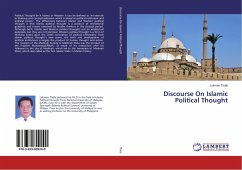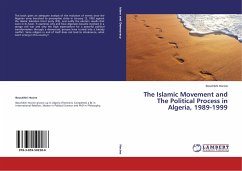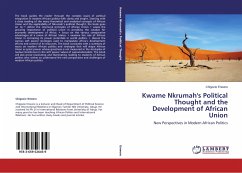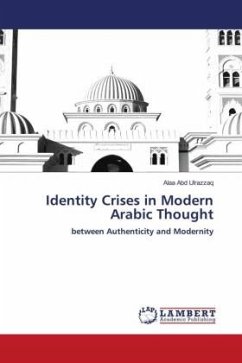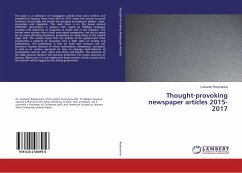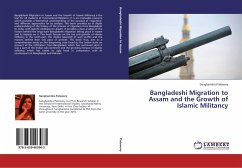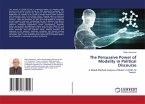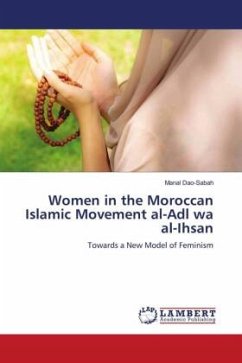Political Thought be it Islamic or Western it can be defined as 'an exercise in thinking and conceptualization which is aimed at political institution and political power'. The differences between Islamic and Western political thought is that Islamic political thought is a product of revelational guidance and reason exercised by Muslim thinkers in the classical period. Although both, Islamic and Western political thoughts rest on intellectual pedestals, but they are not identical. Western political thought is a form of thinking based upon the Greek conception of political philosophy. From Islamic political thought's view point, the birth and development of political institutions is largely the product of human thought and action. The creation of the Madinah Society or Madinah State was the product of the Prophet Muhammad(PBUH), as result of his interaction with his followers in the city of Madinah, which led to the formation of Madinah State, which also called as the first Islamic State in Muslim history.
Bitte wählen Sie Ihr Anliegen aus.
Rechnungen
Retourenschein anfordern
Bestellstatus
Storno

